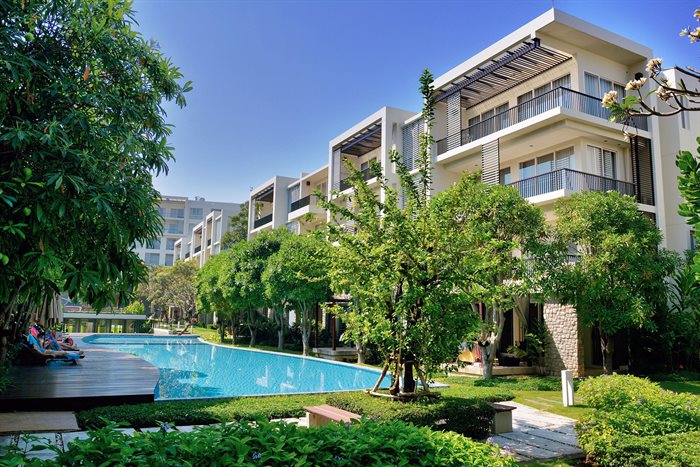According to Berry Everitt, CEO of the Chas Everitt International property group, buy-to-let activity is on the rise once again and investors are starting to explore a whole new tenant demographic.
He notes that according to FNB senior economist Siphamandla Mkhwanazi, buy-to-let property purchases accounted for 11% of all home purchases in the first quarter of this year, up from 10% in the same period of 2021, despite continued high vacancy rates in most of the rental market.
“And the most likely reason for this is that astute investors know that this is the best time to buy, especially if they have cash on hand and don’t need much in the way of mortgage financing because prices are low and will ensure that they achieve better returns once rental demand starts to rise again. Which it will as interest rates continue to rise and curtail affordability for both prospective home buyers and some existing homeowners.
“However, with many corporates now busily converting their underused office blocks and business parks to new residential rental estates close to commercial centres, they are also realising that the big opportunity in buy-to-let is very likely not going to be in the affordable space but at the upper end of the market - where AirBnB has met a lot of resistance, and where demand is actually already rising for rental apartments in luxury high-rise buildings and rental homes in SA’s most sought-after suburbs and lifestyle estates.”
Semigrating executives and professionals
Everitt says some of this demand is coming from South African executives and professionals who have decided to move from one city to another and are renting while they get their bearings and decide where to buy. This is clearly evident, for example, in the upmarket Southern Suburbs of Cape Town where there is currently actually a shortage of homes to rent.
Further demand is coming from affluent empty-nesters who have decided to sell their family homes and rent rather than own in order to enjoy a more carefree retirement and be able to travel more easily and plan more activities with friends.
“They would just rather not have the expense and responsibility of owning and maintaining a property any more, and many of the larger lifestyle estates are already responding to this shift by incorporating more compact homes and changing their rules to allow more long-term buy-to-let activity.”
Multinational companies to boost upmarket rental demand
But the really big increase in upmarket rental demand over the next two to three years, he says, is expected to come from multinational companies, banks and professional firms that are opening new offices in SA or expanding their current operations – and placing new high-level executives and employees here on three- to five-year contracts.
“Such activity has been at very low levels for the past two years but has now resumed strongly and is already driving a high number of enquiries for high-end homes in the secure estates around Johannesburg which are always the top choice among corporate renters.
“In addition, the rental sector stands to benefit from a rise in global migration to South Africa as the world becomes increasingly aware of what the country has to offer in terms of value, lifestyle and opportunity - especially if government makes it easier for highly-skilled individuals in all fields to obtain residence and work permits.”












































